As human activities continue to put pressure on the planet’s resources and ecosystems, sustainability research helps to identify solutions that can promote long-term ecological balance, social equity, and economic prosperity. Our sustainability research cluster underpins a variety of research areas, particularly in the following areas.

Our research: Chemical & process engineeringSustainability
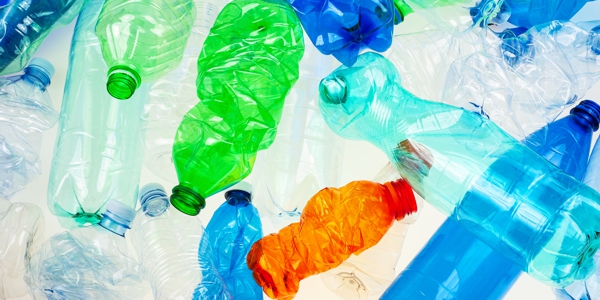
Sustainable materials
The department has a variety of active research projects on plastics and sustainability, with projects from production to end of life. Projects include development of plastics using biofermentation, modelling of renewably-sourced bioplastics such as alginates, chitin and chitosan, and polyhydroxyalkanoates, plastic recycling including chemical recycling methods for thermoplastics and epoxy composites, and development of portable assessment technology for bales of waste plastic, and development of technologies using sustainable plastics, such as 3D printing, membranes, packaging etc.

Green Processing
To develop more sustainable processes, we work on minimising solvent waste in industrial pharmaceutical processing, where synthesis and isolation of pharmaceuticals generates disproportionately large volumes of hazardous waste, by recycling solvents within the process.
We are investigating the transition to greener solvents for the production of polymeric membranes, and developing green process routes using deep eutectic solvents and hydrogen vectors for manufacturing metals and alloys.
Advanced computational fluid dynamics modelling, plant-wide process simulations, and technoeconomic and environmental assessments are used to design more sustainable processes.
To become a sustainable society, we must work towards net zero emissions and recycle or valorise waste materials, for example chemical recycling of waste polymers back to monomers for manufacturing new polymers.
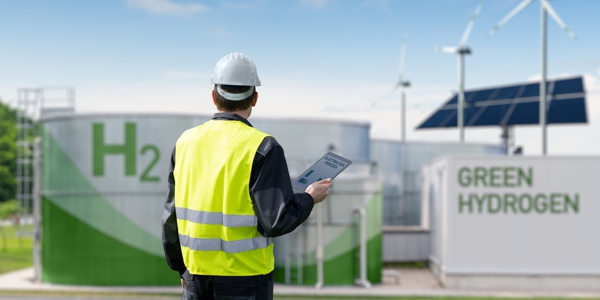
Renewable Energy and Storage
We are developing innovate bioenergy technologies, such as clean combustion and pyrolysis, to produce, for example, liquid transportation fuels, green hydrogen, and advanced carbon materials, from waste plastic and biomass.
In addition, we use in situ measurements and imaging to analyse combustion, which is necessary to adapt combustion systems for alternative fuels, while minimising particulate emissions that are harmful to the climate and human health. We welcome collaborations with other researchers and industry partners to ensure our innovative work has real-world impact.
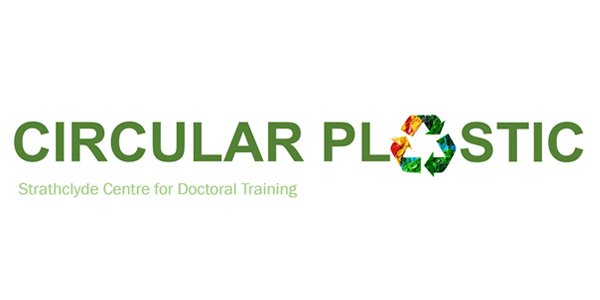
Sustainable industry engagement
The research cluster is home to the Circular Plastic Strathclyde Centre for Doctoral Training, and part of the Engineering and Physical Sciences Research Council National Science Foundation (EPSRC-NSF) funded Global Centre for Sustainable Bioproducts, and the UKRI-funded Smart Sustainable Plastic Packaging initiative. We are active in industry engagement and have worked with a range of companies and organisations, including Ingevity, Oceanium, Cuantec, Scottish Environmental Protection Agency, and Blochairn recycling facility (Glasgow City Council).
Meet the team
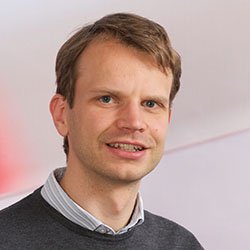
Dr Iain Burns
I'm interested in laser imaging of reacting flows applied to emissions reduction from combustion. Techniques include laser-induced incandescence; laser-induced fluorescence; cavity-enhanced absorption spectroscopy; cavity ring-down spectroscopy.

Dr Rashmi Gangasa Walvekar
My work focuses on developing novel deep eutectic solvents for waste valorisation and recycling such as waste rubber devulcanization, extraction of battery materials, upcycling of plastic waste and converting waste oil to sustainable lubricants. Furthermore, nanofluids for waste heat recovery, enhancing thermal stability, dispersion stability, heat transfer properties drive sustainability by enabling higher thermal efficiency, renewable energy integration, circular use of materials.

Dr Karen Johnston
We use multiscale modelling to investigate sustainable plastics, including polyhydroxyalkanoates (PHAs), and alginates. Our aim is to understand the structure-property relationships, and use this knowledge to design new polymeric systems. Examples are the effects of fillers and plasticisers on gas diffusion properties in PHAs, and effect of salt type, concentration, and monomer type on the structure of alginate gels.
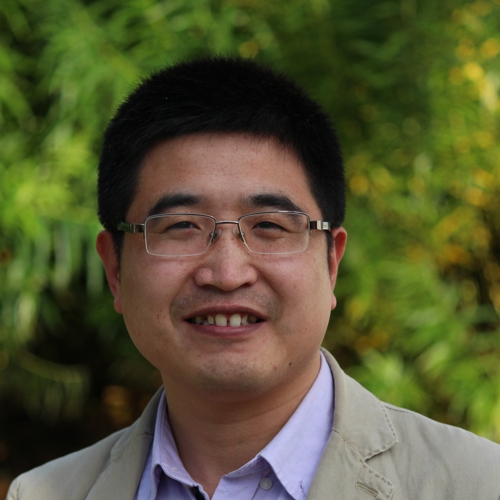
Dr Jun Li
I am interested in enabling wider use of waste streams as a sustainable resource to cost-effectively produce energy and fuels, including clean bioenergy technologies, production of renewable hydrogen/hydrogen-rich syngas, decarbonising energy/chemical systems, as well as advanced computational fluid dynamics modelling of multiphase reacting fluids.
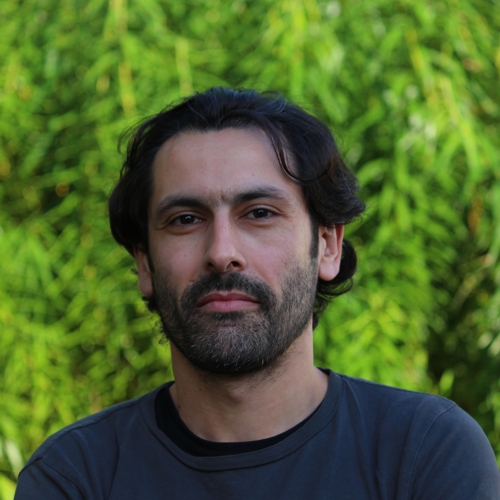
Dr Vitor Magueijo
My current research activities comprise the production of polymeric membranes using green solvents, the manufacture of biocomposite materials and the use of deep eutectic solvents for carbon capture.

Dr Paul Mulheran
I use the ARCHIE-WeSt supercomputer to model materials evolution. Current projects include PhD studentships on modeling the formation of porous organic gels for use as adsorbents and electrode materials.
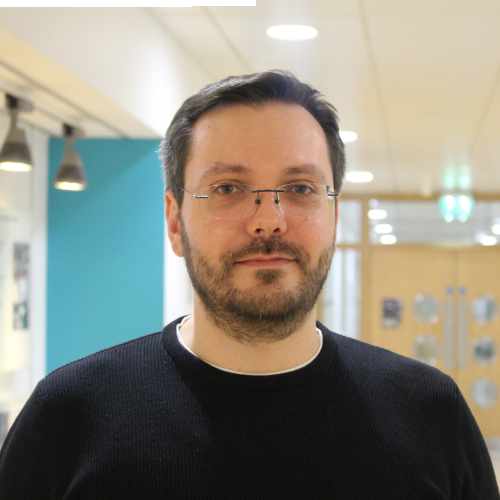
Dr Dragos Neagu
Our focus is on electrochemical and membrane-based energy conversion devices for carbon dioxide conversion to fuels and green hydrogen production, including electrolysers, fuel cells and membrane reactors.
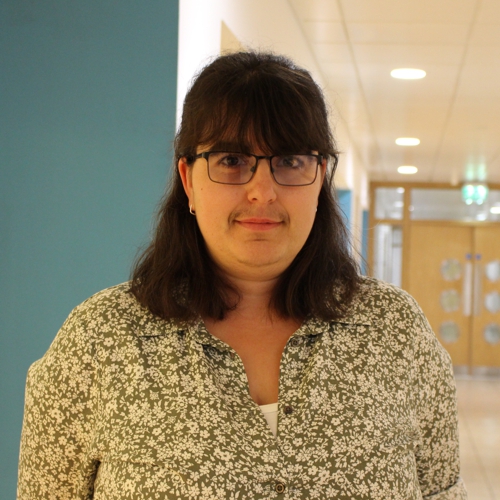
Dr Victoria Outram
I am interested in the development of biological processes to produce bio-based products, whether this be chemicals, materials, or food. This focuses on fermentation, including fermentation intensification, product recovery, scale-up, and new research methodologies, to increase productivity and economic viability.

Professor Sudipta Roy
Professor Roy is engaged in electrochemical engineering and electrodeposition. Current projects include electrochemical reclamation of copper from electronic waste via decarbonised routes. These include direct hydrometallurgical routes using acids and ammoniacal solutions for direct leaching and deposition. These approaches eliminate the use of pyro-metallurgy, a high temperature produces producing carbon dioxide, whilst providing new methods to recycle critical materials.

Dr Xiaolei Zhang
We work on production of advanced carbon-based materials including carbon nanotubes and mesoporous carbon from waste including plastics. Also, we work on biochar and its utilisation, activation, and functionalisation. Our work focuses on mechanism and kinetics investigation from an atomic or molecular level using Density Functional Theory and Molecular Dynamics.

Dr Sara Velasquez
My research focuses on the development of bioinspired and bio-based polymeric materials to address societal applications. My research aims to valorise waste and turn it into valuable polymeric materials. Special focus will be given to develop novel approaches to help avoid microplastic pollution, and engineer smart, tailored materials to address societal problems, starting with pest control and widening to other agricultural and societal applications. My research targets several UN sustainable goals, including work towards Zero Hunger, Clean water and Sanitation, Responsible consumption and production, climate action, life below water and life on land.